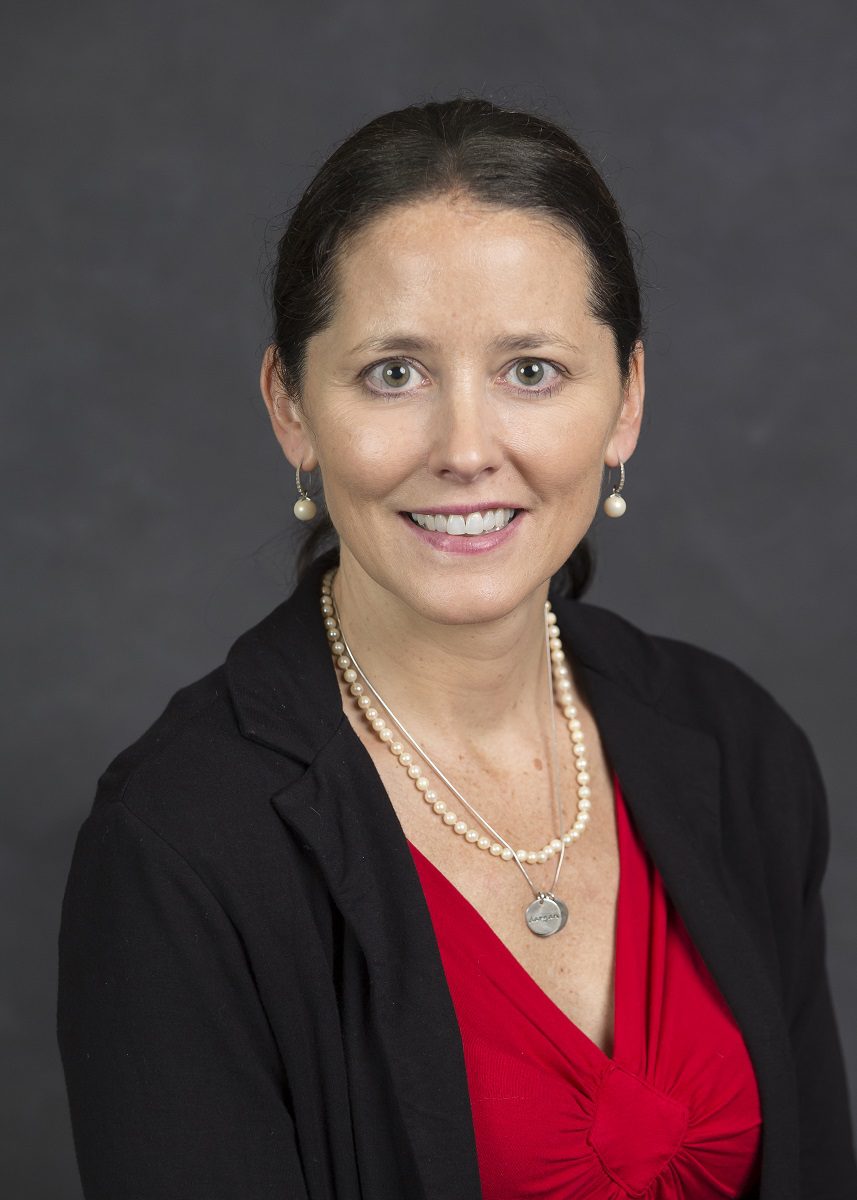Landmark study finds positive impact of public Montessori programs

With support from the Self Family Foundation and the South Carolina Education Oversight Committee, the Riley Institute at Furman University has completed a five-year study of Montessori education in South Carolina’s public schools. Showing evidence of positive impact on students, it is the most comprehensive study of public Montessori programs ever conducted in the United States.

Brooke Culclasure, Research Director, Center for Education Policy and Leadership at the Riley Institute
“With the exception of California, there are more public Montessori programs in South Carolina than in any other state in the country,” said Brooke Culclasure, the study’s principal investigator. “We wanted to explore how this growing method impacts students, particularly those from disadvantaged backgrounds, and teachers.”
Researchers used existing student record databases maintained by the S.C. Department of Education (SCDE) to examine standardized test performance, discipline and attendance. Going beyond existing data, researchers directly assessed students to measure other variables such as executive function and creativity.
“Sometimes people assume that Montessori is an elite approach to education for privileged students, and is only available in the private sector. The reality is the majority of Montessori students in public schools are from low-income households, and they seem to be benefiting in several ways from Montessori education,” said Culclasure.
Montessori public school students exhibited significantly more achievement growth on state standardized tests than demographically similar non-Montessori students in math, English language arts (ELA), and social studies. The results for science were mixed, as Montessori students demonstrated significantly less growth than non-Montessori students in one year (2013-14) and significantly more growth in another year (2015-16).
“The Montessori method pulls together many solid classroom strategies, all guided by the Montessori philosophy of how children develop and learn. This method stands out among other education approaches by combining multi-age classes, a hands-on curriculum and individualized learning, making the classroom ‘success oriented’ for all students,” said Ginny Riga, Montessori consultant for the S.C. Department of Education who contributed to the study.
The benefits of Montessori extend beyond academic achievement, as Montessori students also demonstrated better school attendance and behavior.
Montessori students generally perform similar to or better than non-Montessori students on assessments of executive function, which encompasses abilities such as emotional control, planning and organization, and self-monitoring. There were no consistent differences between the two groups on work habits or social skills. Montessori students demonstrated significantly higher levels of creativity than non-Montessori students.
“This evaluation provides evidence that public Montessori programs are having a positive impact on students,” said Don Gordon, executive director of the Riley Institute. “Despite factors that traditionally produce disparities in education, Montessori students are performing well. States and districts can use this kind of information as they decide which teaching methodologies are appropriate in which settings.”
Researchers also surveyed public Montessori teachers. Most teachers reported they loved their jobs and planned to remain in the profession.
“This finding of high teacher satisfaction is so significant, because we are experiencing a low teacher satisfaction rate and a teacher shortage in South Carolina,” said Melanie Barton, executive director of the Education Oversight Committee. “Focusing on education models that are good for students and good for teachers could help us attract and retain the talent we need to lead our classrooms.”
However, teachers did report some difficulty teaching the competency-based, Montessori model, in which progress is generally measured by teacher observation.
“The most common method used by districts and schools for testing student progress is standardized tests rather than the teacher observation used in authentic Montessori programs,” said Riga. “It can be difficult for teachers to reconcile the two.”
Some teachers also expressed some concerns about authenticity of their schools’ programs.
“From the principal surveys and 126 classroom observations, we found that, on average, public school programs are implementing the Montessori model with fidelity, although there is variation regarding the extent to which different programs implement authentic Montessori,” said Culclasure.
The study is available online at furman.edu/Montessori.
About the Riley Institute at Furman University
Furman University’s Richard W. Riley Institute broadens student and community perspectives about issues critical to South Carolina’s progress. It builds and engages present and future leaders, creates and shares data-supported information about the state’s core challenges, and links the leadership body to sustainable solutions. It is committed to nonpartisanship in all it does and to a rhetoric-free, facts-based approach to change. riley.furman.edu.
Contact
Summer Ramsey, Director of Marketing
The Riley Institute at Furman University
803-354-2206 mobile
summer.ramsey@furman.edu